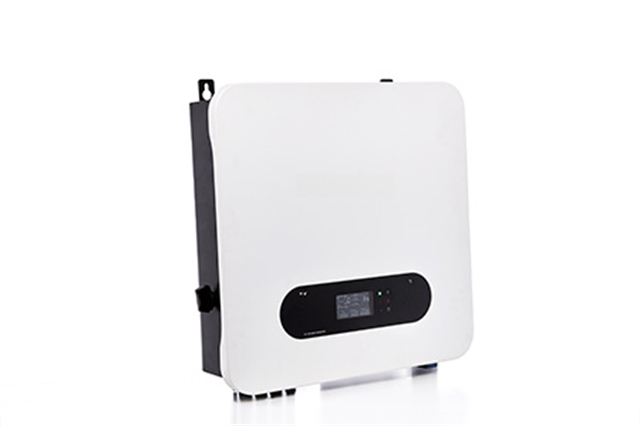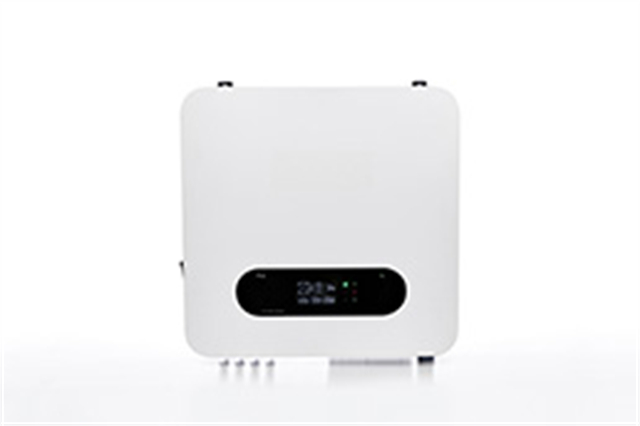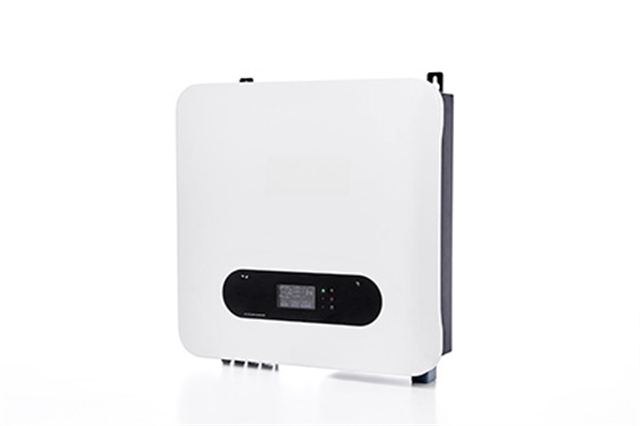Author:BLD Solar Energy SystemFROM:Solar System Converter Manufacturer TIME:2023-10-11
Hybrid on-grid solar inverters have become an increasingly popular choice for many homeowners and businesses looking to harness the power of solar energy. These versatile devices not only convert sunlight into usable electricity but also have the capability to store excess energy in batteries for use during periods of low sunlight or power outages. With so many options available in the market, choosing the right hybrid on-grid solar inverter can be a daunting task. In this article, we will discuss the key factors to consider when selecting a hybrid on-grid solar inverter.

The first step in choosing a hybrid on-grid solar inverter is to determine the size of your solar system. This will depend on factors such as the amount of available roof space, your energy consumption, and your budget. It is important to choose an inverter that can handle the maximum power output of your solar panels to ensure optimal performance.

Efficiency is a crucial factor to consider when selecting a hybrid on-grid solar inverter. Higher efficiency means that more of the sunlight captured by the solar panels will be converted into usable electricity. Look for inverters with high conversion efficiencies to maximize the energy output of your system.

If you plan to incorporate battery storage into your solar system, it is essential to choose an inverter that is compatible with the specific batteries you intend to use. Different inverters have different voltage and current requirements, so ensure that your chosen inverter can effectively charge and discharge the batteries.
Having access to real-time data about your solar system's performance is crucial for monitoring efficiency, diagnosing issues, and optimizing energy usage. Look for inverters that offer advanced monitoring and control features, such as mobile apps or online portals, to easily track and manage your system.
The warranty and support offered by the manufacturer are important considerations when choosing a hybrid on-grid solar inverter. A longer warranty period indicates the manufacturer's confidence in the product's quality and longevity. Additionally, ensure that the manufacturer provides reliable customer support in case you encounter any issues or need assistance with your inverter.
Hybrid on-grid solar inverters should have advanced grid support functions to ensure seamless integration with the utility grid. Look for features such as voltage and frequency ride-through capabilities, anti-islanding protection, and the ability to automatically switch between grid-tie and off-grid modes when necessary.
Choosing a hybrid on-grid solar inverter from a reputable brand can provide peace of mind regarding the product's quality and reliability. Established brands often invest in research and development to improve their products and provide better customer support. Consider reading reviews and seeking recommendations from trusted sources before making a decision.
Finally, cost is an important factor when selecting a hybrid on-grid solar inverter. While it is essential to consider cost, remember that choosing the cheapest option may not always be the best decision. Balance the upfront investment with the long-term benefits and quality of the product to make an informed choice.
Choosing the right hybrid on-grid solar inverter is crucial to ensure the optimal performance and longevity of your solar system. Consider factors such as system size, efficiency, battery compatibility, monitoring and control features, warranty and support, grid support functions, brand reputation, and cost. By carefully evaluating these factors, you can select an inverter that meets your specific needs, budget, and sustainability goals.
